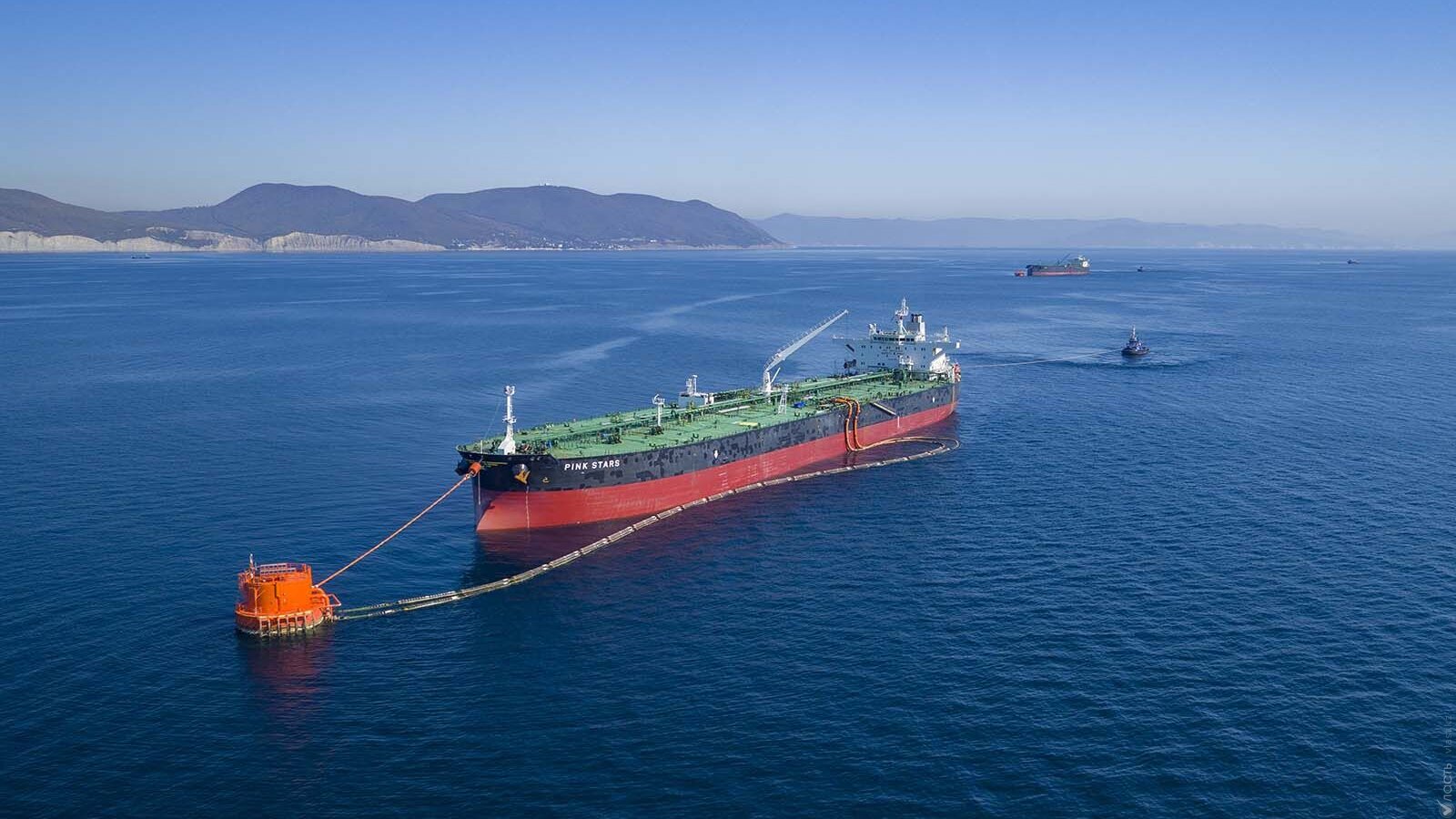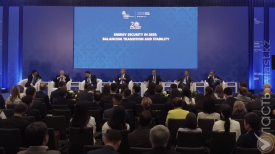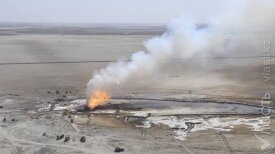Marat Zhylanbayev, the leader of Alga, Kazakhstan!, an unregistered civic movement, was sentenced to seven years in prison on November 29. The Astana court said that Zylanbayev participated in a banned organization and financed an extremist organization. Human rights organizations said the trial was politically motivated.
Special European Union envoy on sanctions David O’Sullivan flew to Kazakhstan on November 28 during a tour of countries that have not joined the West in sanctioning trade with Russia in an effort to harm its continued military offensive against Ukraine. “We are progressively making it harder, slower, and more expensive for Russia to acquire military-use equipment,” said O’Sullivan. (We asked experts and showed data on the ongoing volume of parallel imports.)
Thirteen people were killed in a fire at a hostel in Almaty on November 30. According to local officials, the hostel, which opened in September, had not received a license to operate. Among the victims, nine people were from Kazakhstan, two from Uzbekistan, and two from Russia. Most of the guests at the hostel were day workers and students.
The Majilis, the lower chamber of the Parliament, agreed on November 29 not to include a “press card requirement” in the draft law On Mass Media. In an earlier, harshly criticized draft, the ministry of culture and information had added a provision that made it possible only for press card-holders to attend and report from protest sites, courts, and local hearings.
Tleubike Yuldasheva, a Karakalpak activist, saw her request for refugee status rejected by Kazakhstan’s authorities on November 28. She was released from detention earlier in November after one year in prison for having allegedly participated in urban riots in Uzbekistan’s northern region in July last year.
Contrary to earlier promises, on November 27 the government said they expect to extinguish the fire and methane leak at the Karaturun field in the western Mangistau region only by the end of the year. Started in June, the fire has caused massive environmental damage, especially because of methane plumes leaking directly into the atmosphere. The government and the production company responsible for exploration and production at the field had promised to extinguish the fire by the end of October.
After days of inclement weather, the loading terminal at the port of Novorossiysk, on Russia’s Black Sea coast, resumed operations on November 30. Kazakhstan’s oil exports via the Caspian Pipeline Consortium (around 80% of total oil exports) are sold to tankers at the Novorossiysk marine terminal. The four-day halt in operations caused a ripple effect on Kazakhstan’s production sites, with both Kashagan and Tengiz oil fields reducing output.
In an effort to maintain oil export flows, Kazakhstan’s government agreed to send more oil via Russia to Germany on November 29. Kaztransoil, the state-owned pipeline company, said it would increase shipments by around 54,000 tons in December. For reference, the volume of oil exports that Kazakhstan’s producers had to forego in four days due to a storm in the Black Sea amounted to more than 260,000 tons.
The Shymkent international airport will be privatized, minister of transport Marat Karabayev said on November 28. The minister said that the government has already found a suitable buyer. In 2020, SCAT, a Shymkent-based airline, started building a complex next to the buildings of the airport.
A pro-Tokayev civic organization held a rally in Almaty on November 26 calling against violence, in particular against women. Contrary to other feminist movements, which are constantly denied permission to hold rallies, the pro-government Zhana Adamdar (from Kazakh, “New People”) was able to obtain permission. The organizers declined to disclose the origin of the donations through which they funded the rally.
Поддержите журналистику, которой доверяют.








